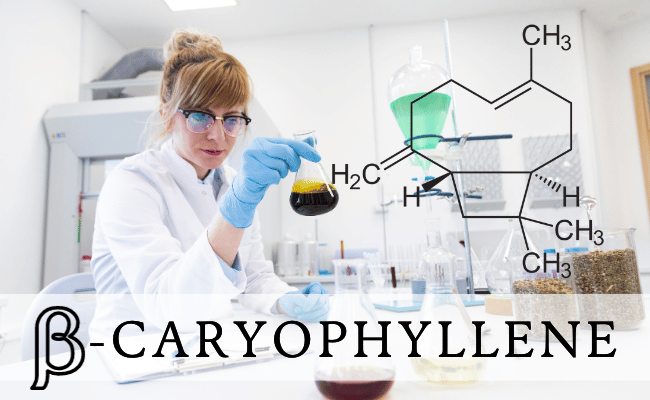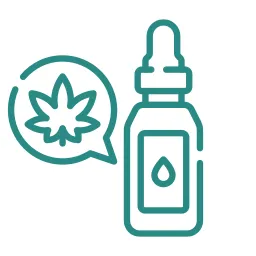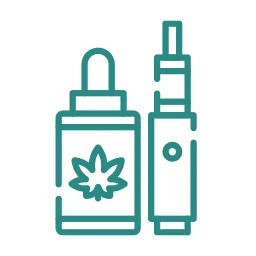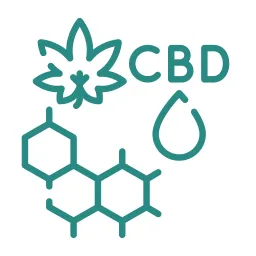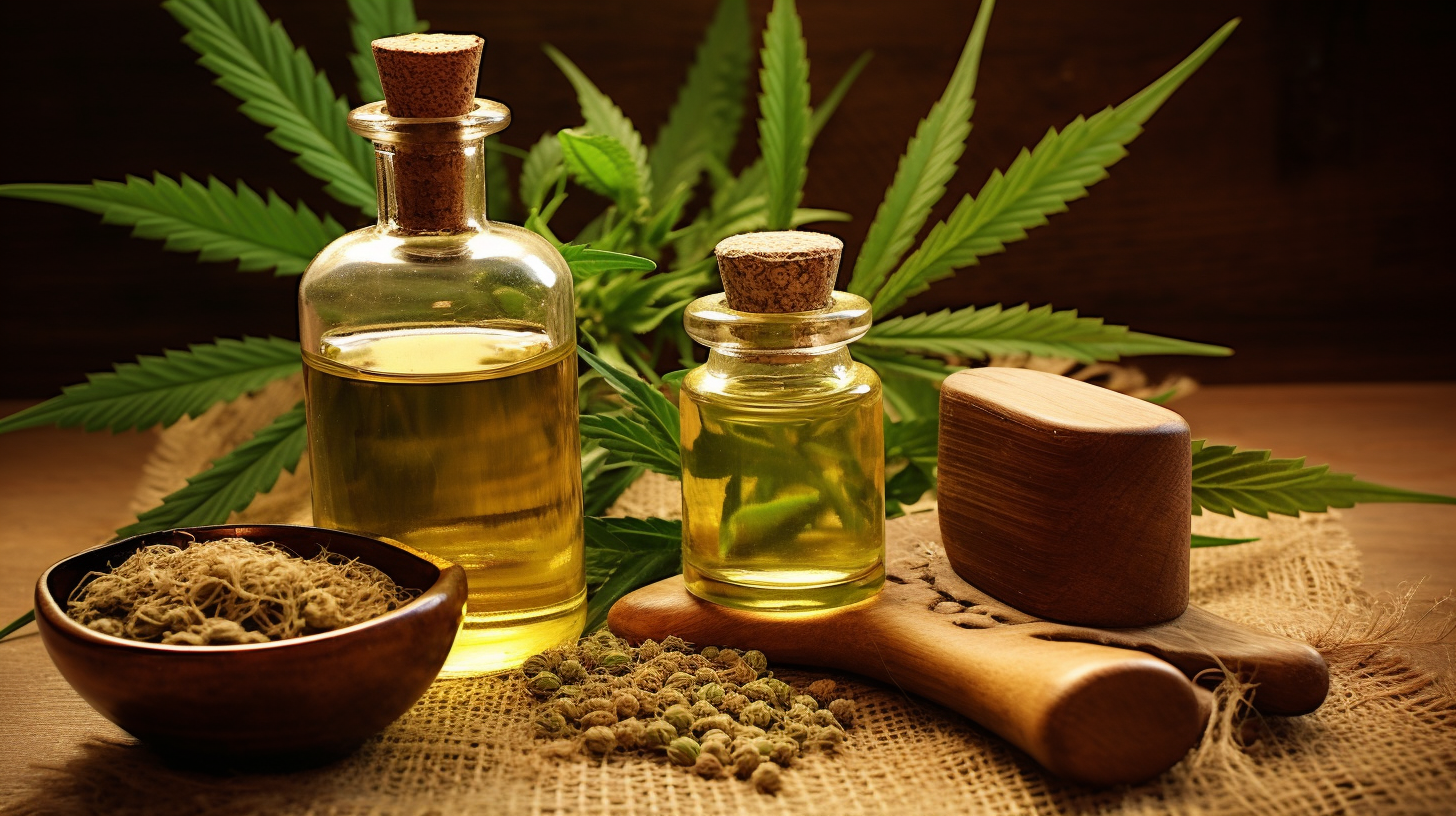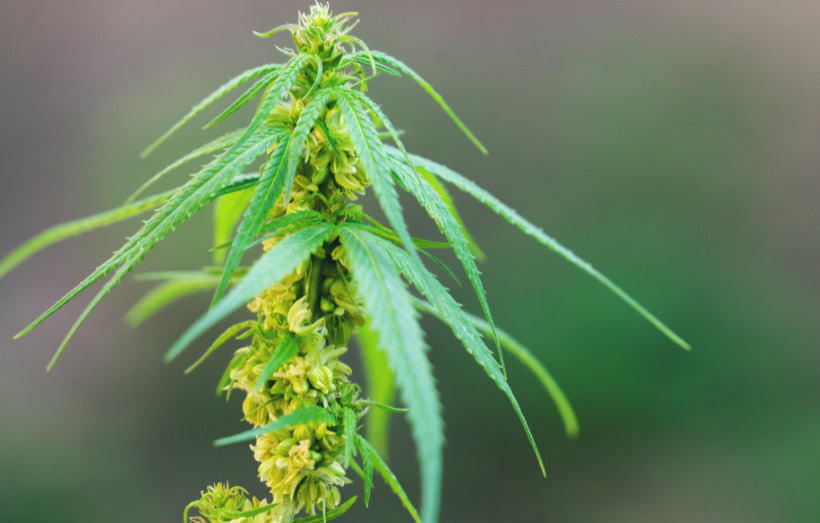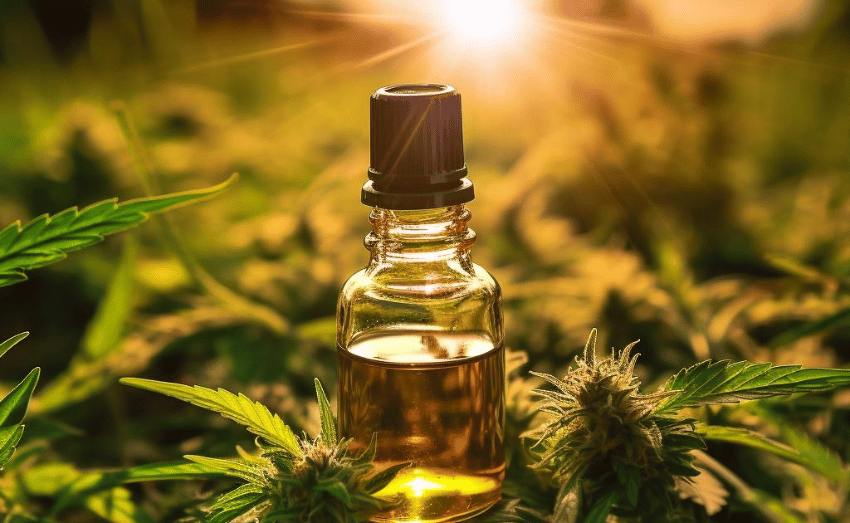One of the common questions in the world of hemp products is: Does hemp seed oil contain CBD? Let’s clear up this confusion with facts backed by scientific studies, expert opinions, and research.
Hemp Seed Oil vs. CBD Oil: What’s the Difference?
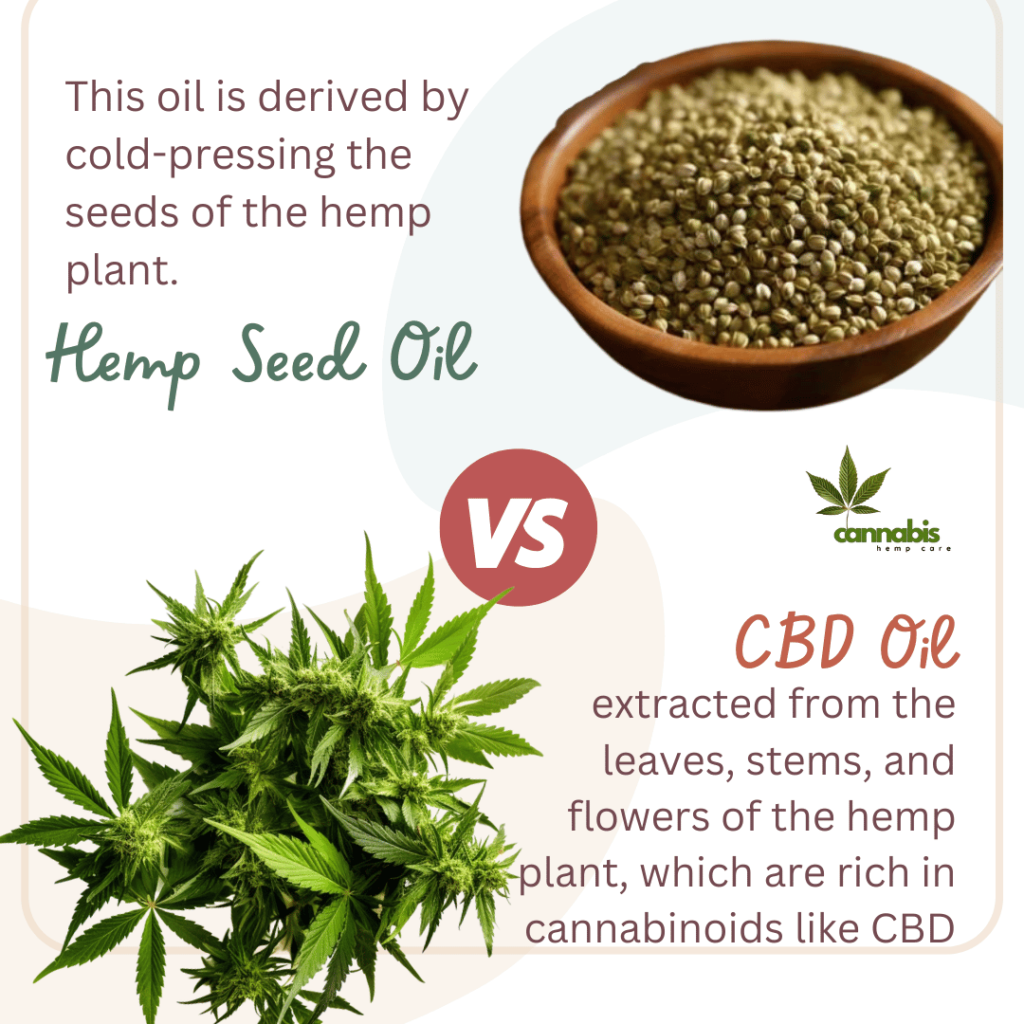
Understanding the difference between hemp seed oil and CBD oil is crucial for those interested in the benefits of hemp-based products. Both oils come from the hemp plant, but they are extracted from different parts and serve distinct purposes.
Hemp Seed Oil: This oil is derived by cold-pressing the seeds of the hemp plant. It is rich in essential fatty acids, vitamins, and other nutrients, making it a valuable addition to a healthy diet. However, it is important to note that hemp seed oil does not contain any significant amounts of CBD or other cannabinoids.
CBD Oil (Cannabidiol Oil): Unlike hemp seed oil, CBD oil is extracted from the leaves, stems, and flowers of the hemp plant, which are rich in cannabinoids like CBD. As a result, CBD oil contains higher concentrations of CBD, a compound associated with various potential health benefits.
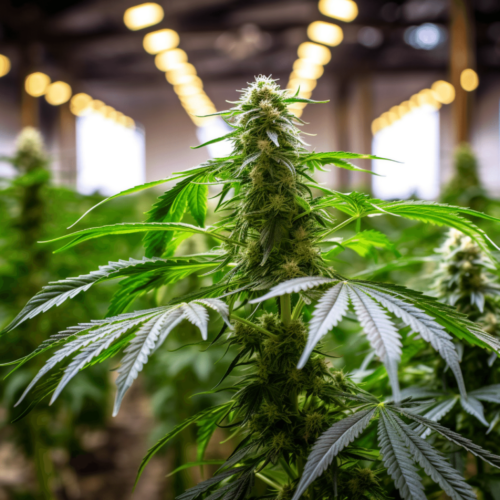
Navigating Hemp Terminology
It’s essential for consumers to understand the terminology used in the hemp industry, as terms like “hemp oil,” “hemp seed oil,” and “CBD oil” are often used interchangeably, leading to confusion.
- Hemp Oil: This term can refer to either hemp seed oil or CBD oil, depending on the context. It’s crucial to read product labels and descriptions carefully to determine which type of oil is being referred to in a specific product.
- Hemp Seed Oil: As mentioned earlier, hemp seed oil is extracted from the seeds of the hemp plant. It is nutrient-dense but does not contain CBD.
- CBD Oil: This oil is obtained from the flowers, leaves, and stems of the hemp plant, which are high in the cannabinoid CBD. CBD oil has been associated with various potential health benefits, making it a popular choice for those interested in natural wellness options.
While both hemp seed oil and CBD oil come from the hemp plant, they differ in their composition and intended use. Hemp seed oil is a nutrient-rich oil that does not contain CBD, while CBD oil is specifically extracted to provide the benefits of CBD. Consumers should be aware of these differences and carefully read product labels to ensure they are selecting the appropriate product for their needs.
Other Cannabinoids in Hemp Products
In addition to CBD, the hemp plant contains other cannabinoids like THC (tetrahydrocannabinol), CBG (cannabigerol), and CBN (cannabinol). These compounds have different effects on the body and can be found in varying concentrations in different hemp products.
It is essential to note that while some products may contain other cannabinoids, hemp products sold legally in the United States must have less than 0.3% THC, the psychoactive compound responsible for the “high” associated with marijuana.
Scientific Research on CBD
CBD, the active ingredient in CBD oil, has been studied for its potential health benefits. According to a review published in the Journal of Clinical Pharmacology, CBD has anti-inflammatory, analgesic, and antispasmodic properties, which may be beneficial for conditions such as arthritis, chronic pain, and muscle spasms. However, more research is needed to fully understand its effects and appropriate dosages.
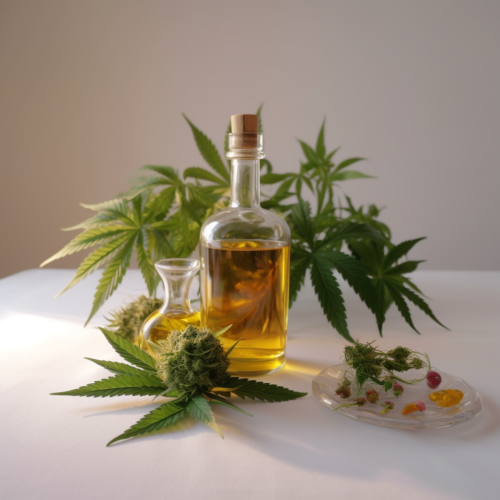
Benefits of Hemp Seed Oil
Hemp seed oil, extracted from the seeds of the hemp plant, is a rich and nourishing oil that holds several health benefits. While it doesn’t have CBD, it’s packed with other beneficial components. Let’s break down the notable benefits and their implications.
1. Packed with Essential Fatty Acids
Hemp seed oil is a fantastic source of essential fatty acids (EFAs), specifically omega-3 and omega-6 fatty acids. These EFAs are termed “essential” because our bodies cannot produce them on their own; we need to obtain them from our diet.
Why is this important?
Brain Health: Omega-3 fatty acids are crucial for brain development and function. A study in the Journal of Nutritional Biochemistry suggested that omega-3s might help protect against neurodegenerative diseases.
Heart Health: Both omega-3 and omega-6 play a pivotal role in maintaining heart health. They can help reduce the risk of heart disease by lowering blood pressure, reducing cholesterol levels, and fighting inflammation, as supported by studies in the American Journal of Clinical Nutrition.
2. Natural Skin Soother
Hemp seed oil is not just for consumption; it’s also a superstar in skincare.
Why is this good for the skin:
Moisturizing Properties: It hydrates the skin without clogging pores. This makes it an excellent moisturizer for both oily and dry skin types.
Anti-inflammatory Benefits: According to the Journal of Dermatological Treatment, hemp seed oil can calm inflammation and irritation on the skin, which can be beneficial for conditions like eczema and psoriasis.
Rich in Antioxidants: Hemp seed oil contains vitamin E, a potent antioxidant that can help protect the skin from harmful free radicals and premature aging.
3. Hair and Nail Health
The nourishing properties of hemp seed oil extend to hair and nails. The oil can strengthen brittle nails and provide luster and vitality to hair, making it look healthier and more vibrant.
4. Digestive Health
Hemp seed oil has been found to be beneficial for the gut. The omega-3 and omega-6 fatty acids can help combat inflammation in the digestive tract, potentially aiding conditions like irritable bowel syndrome.
5. Immune System Boost
The fatty acids in hemp seed oil can boost the immune system. They help in the proper functioning and generation of immune cells, as found in studies from the Journal of Nutritional Biochemistry.
While hemp seed oil might not contain the widely discussed CBD, it holds its own with a treasure trove of health benefits. Whether you’re using it for skin health, heart benefits, or its anti-inflammatory properties, it’s a versatile oil that can be a great addition to anyone’s wellness routine. Remember, as with any supplement or skincare product, it’s always a good idea to consult with a healthcare provider or dermatologist to ensure it’s the right choice for you.
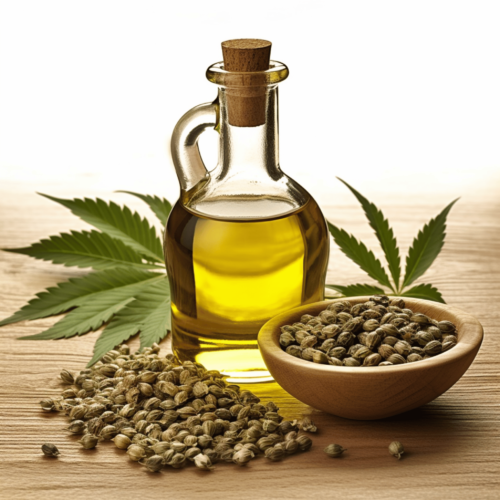
CBD Regulation and Its Implications
The production and sale of CBD products fall under the purview of the Food and Drug Administration (FDA). This regulation is pivotal to ensuring the safety, quality, and efficacy of CBD-infused products for consumer consumption. However, a point of contention arises when we consider hemp seed oil; as of the current regulations, the FDA does not oversee the labeling and sale of hemp seed oil. This lack of regulatory oversight can lead to mislabeling or misinformation, potentially confusing consumers and impacting their purchase decisions. It’s essential for consumers to be aware of this distinction and consult reputable sources, such as the FDA’s official website, for guidance on CBD and hemp products.
What to Consider When Buying Hemp Products
When purchasing hemp products, consider the following factors:
- Source of the hemp: Check where the hemp is sourced from. Look for products made from organically grown hemp to avoid potential contamination with pesticides and other chemicals.
- Extraction method: The method used to extract CBD and other compounds from the hemp plant can affect the quality of the product. CO2 extraction is considered one of the most efficient and cleanest methods.
- Full-spectrum vs. Broad-spectrum vs. Isolate: Full-spectrum products contain all the cannabinoids found in the hemp plant, including trace amounts of THC. Broad-spectrum products contain various cannabinoids but no THC. CBD isolate contains only CBD.
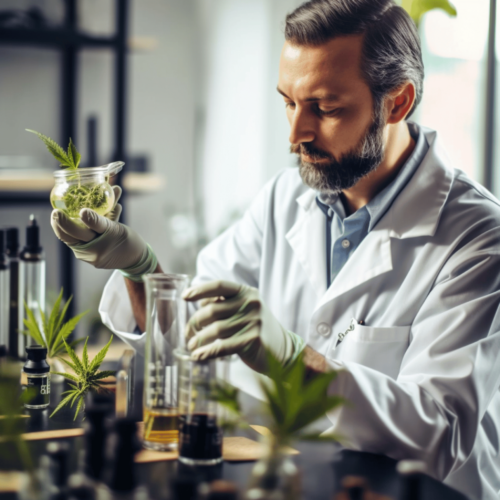
Conclusion
Understanding the differences between hemp seed oil and CBD oil is crucial for making informed decisions about hemp products. Remember that hemp seed oil does not contain CBD but is still a valuable source of nutrients. In contrast, CBD oil contains CBD and may offer potential health benefits. Always read labels carefully, research the products, and consult a healthcare professional when in doubt.
FAQs
How much CBD is in hemp oil?
Hemp oil made from the seeds of the hemp plant does not contain CBD. However, CBD oil, which is made from the stalks, leaves, and flowers of the hemp plant, contains varying concentrations of CBD depending on the product and manufacturer. Typically, CBD concentrations in oil can range from 5% to 30%, with the specific concentration clearly labeled on the packaging.
Do you get CBD from hemp seeds?
No, CBD is not present in hemp seeds. CBD is found in the stalks, leaves, and flowers of the hemp plant. Hemp seed oil is derived from the seeds and is known for its nutritional benefits, as it is rich in omega-3 and omega-6 fatty acids, but it does not contain CBD.
Which is stronger, CBD or hemp?
The term “stronger” can be misleading, as CBD and hemp serve different purposes. CBD, a compound found in the hemp plant, is known for its potential therapeutic benefits and is used in CBD oil products. Hemp seed oil, derived from the seeds of the hemp plant, is used for its nutritional benefits. Neither is necessarily “stronger” than the other, as they are used for different purposes.
What type of CBD is most effective?
The effectiveness of CBD depends on the individual’s needs, body chemistry, and the specific ailment being targeted. There are three main types of CBD: Full-Spectrum, Broad-Spectrum, and Isolate. Full-spectrum CBD contains all the compounds found in the hemp plant, including THC (in legal limits). Broad-spectrum CBD contains multiple compounds but no THC. CBD Isolate is pure CBD. The best type depends on the individual’s needs, preferences, and any legal constraints in their area.

